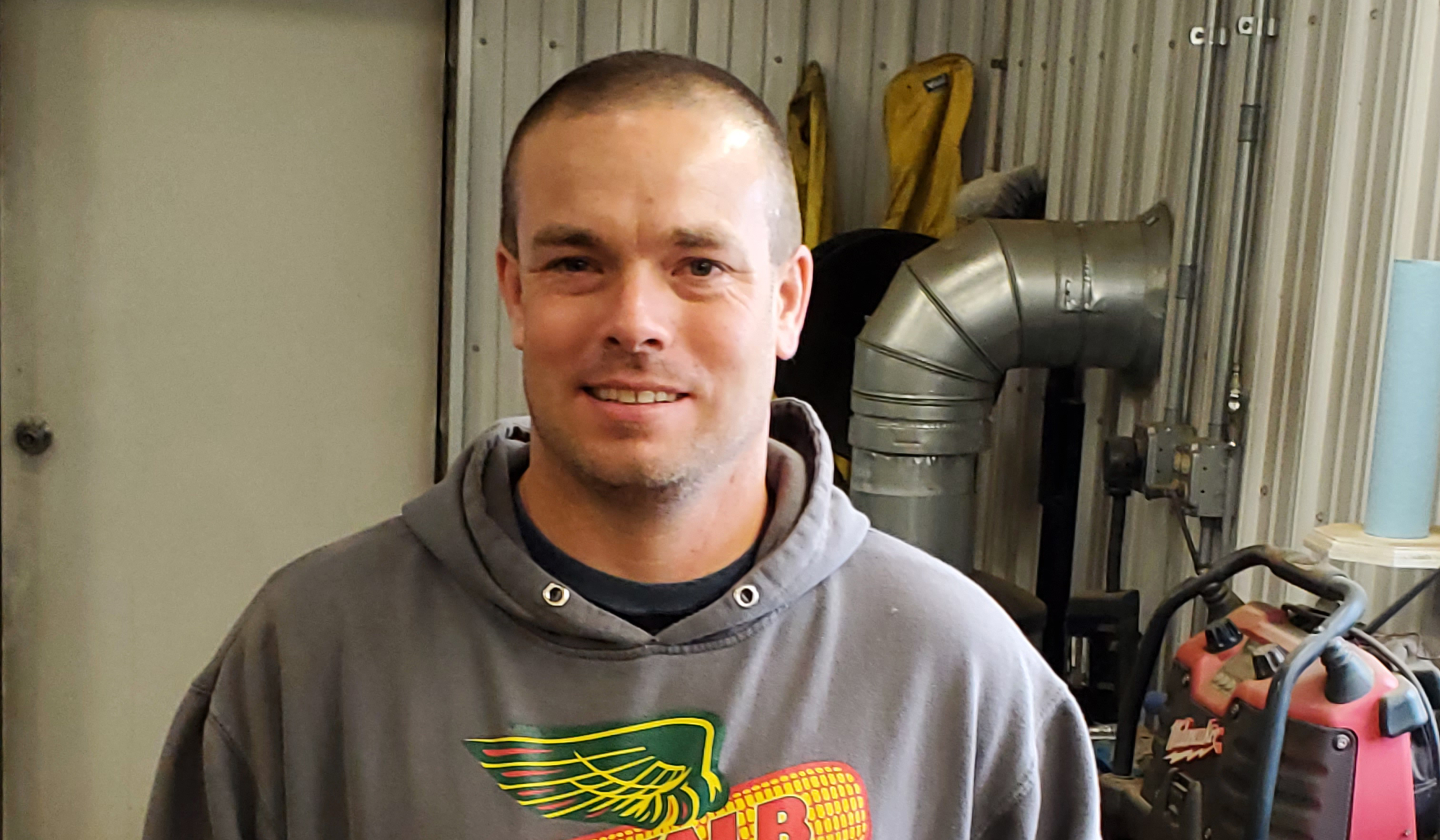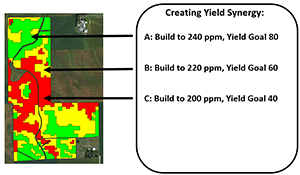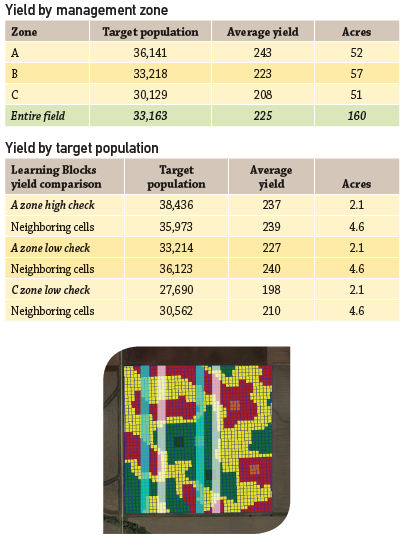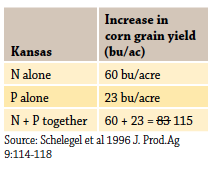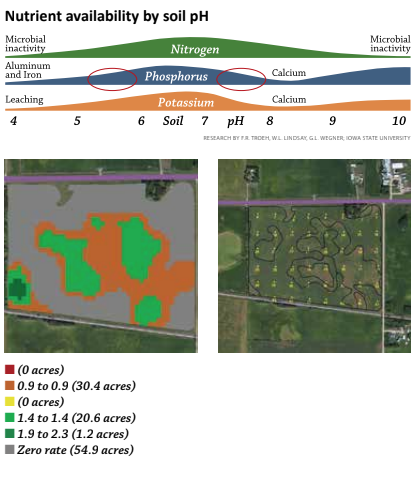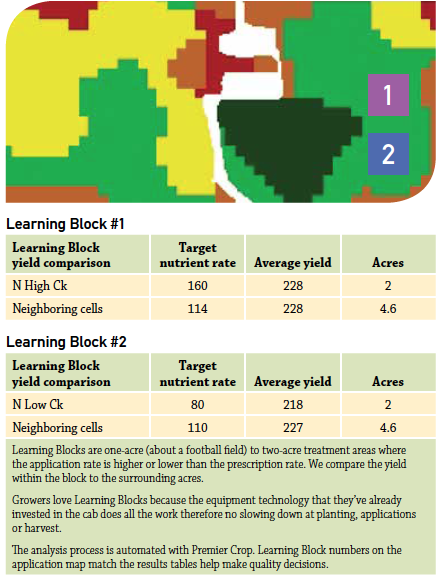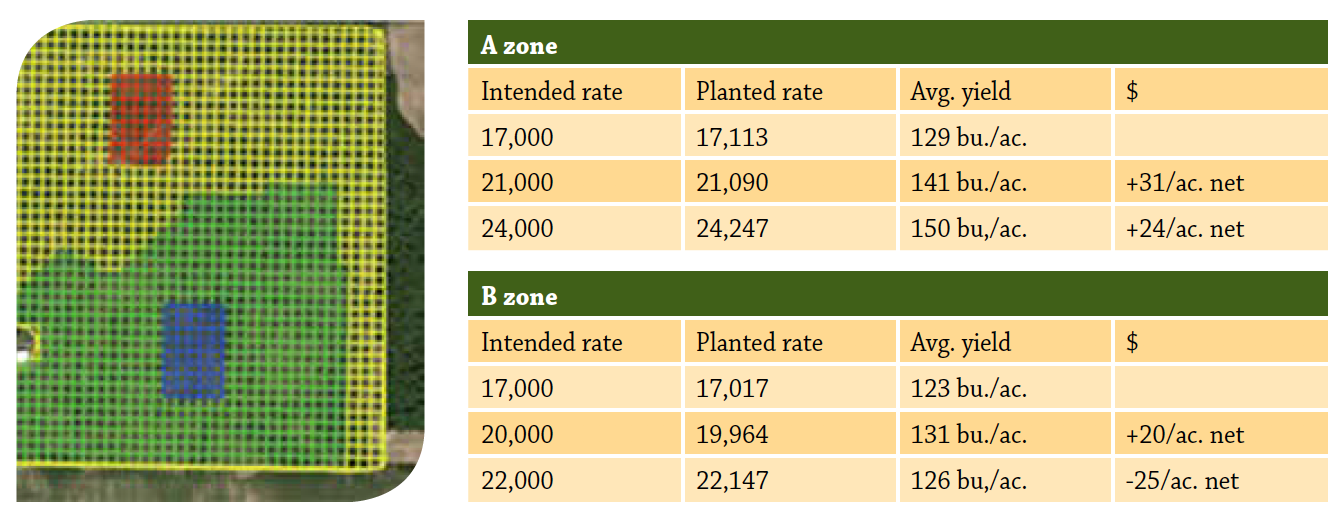"With alternative things like fungicide, you definitely want to see if that's paying for itself. Historically, the InSiteCDM program is showing every year that it pays for itself. With that knowledge, it makes you more willing to spend the money to put on a fungicide. You wonder, should I or shouldn't I do it? But when you look at the data, you'll know if it works." - Shaun Wolf,
Management Zones are defined as, similar agronomic areas in a field that are created from a combination of layers. These similar agronomic areas can be used to manage inputs and data to analyze better efficiency and return on investment to your farm. At Premier Crop we offer a user-friendly way to bring these layers together in one platform and help you make confident decisions from your data.
Topics: management zones, variable rate
I try very hard to not fall in the trap of “geek” talk. It’s a special challenge, as we are a company full of geeks! Even though we hire a lot of “normal” people, within a year we typically convert them into farming geeks/nerds. They still look normal, but they aren’t. I describe what we do as the collision of agronomy and technology. It’s the technology side that leads us to becoming geeks.
Topics: variable rate
Is it possible that 3 and 2 can equal more than 5? That's the concept of synergy – when the "whole equals more than the sum of the parts". Within our company, we talk a lot about agronomic synergies. We see it in data analysis and we believe that discovering and capitalizing on agronomic synergies is an exciting part of our future in using data to make better decisions.
Topics: variable rate
I have never liked the warning "you don't get a second chance to make a first impression." It always seems to futile and irreversible. But one example that I encounter frequently relates to how variable rate applications were first positioned by the ag input industry. Years ago, when GPS was first allowing us to measure differences within fields and variable rate controller technology was being pioneered, the value proposition presented to most growers was "this will save you money."
Topics: soil health, variable rate, lime
Difficult economic times tend to bring out skepticism or at least a review of current practices. Recently I was asked “Do variable rate applications of any crop input really pay?” To some it might be surprising that 20 plus years after variable rate technology was first brought to the market, there are still so many that haven’t “bought in” to the concept.
Topics: learning blocks, variable rate
Long before GPS was part of our acronym vocabulary, my early agriculture career started in eastern Iowa and northern Illinois. On one of those scorching hot July days, as you were driving through the area, every so often the road would be higher than the fields and you could visually capture a birds-eye view of the fields below. You could see parts of the fields, where the corn was rolled up tight as the plants went in to "protection" mode – while other parts of the field look perfectly normal. Images like that help make me an advocate that managing parts of the fields differently would make agronomic and economic sense.
Topics: Enhanced learning blocks, learning blocks, variable rate
I’m a big believer in the practice of split-applying nitrogen – specifically sidedress – applying a portion of the nitrogen after planting. Being able to apply part of the nitrogen closer to plant uptake always made sense to me because the nitrogen is less available for loss before that time. However, oftentimes it is difficult to find the advantage of sidedressing in the data.
Topics: variable rate

